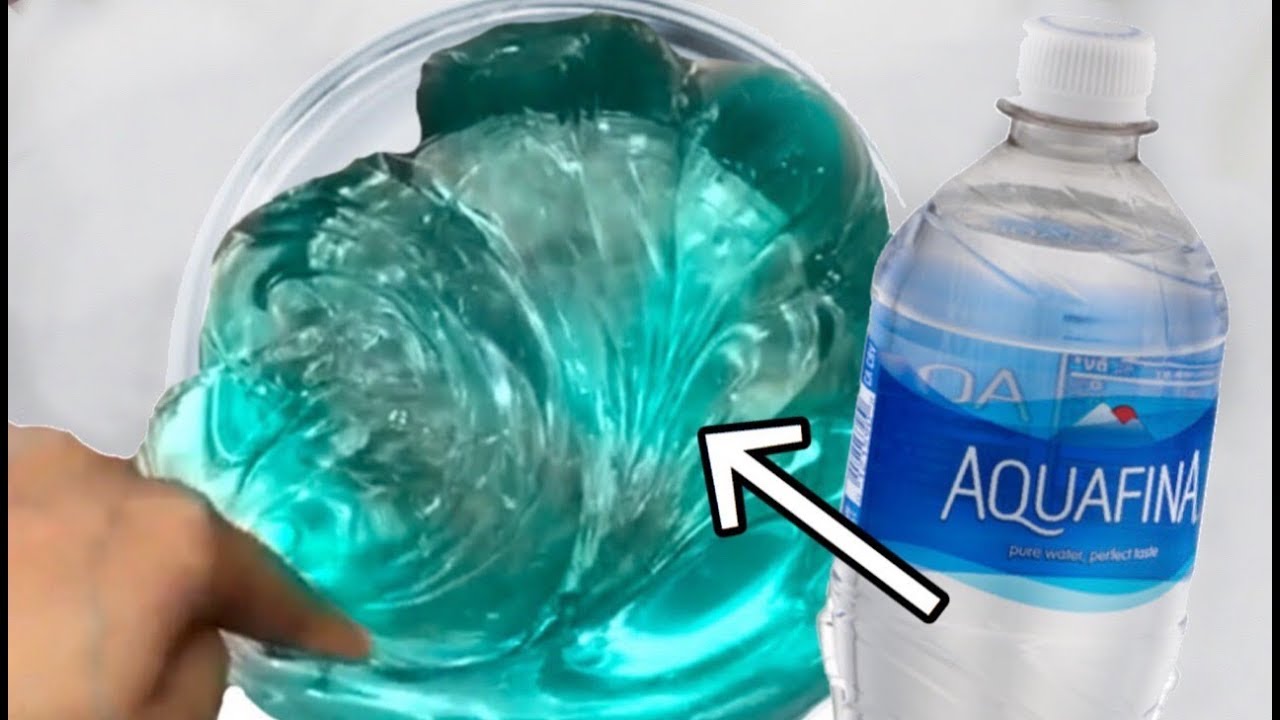Let’s Get Slimy: The Parent’s Ultimate Guide to Homemade Slime
Hello there, lovely parents! ? Are you ready to embark on a squishy, oozing journey through the world of homemade slime? Gooey, stretchy, and downright fascinating, making slime with your children isn’t just a fad; it’s a fun-filled, educational activity that can provide hours of entertainment, not to mention a sneak peek into some basic chemistry! ??
Whether it’s a rainy day project, a perfect party activity, or a chance to learn something new, we’ve got you covered. So, put on your aprons, roll up your sleeves, and get ready for some hands-on slimy fun! ????????
What You’ll Need to Make Your Slime Sensational
Before we dive into the ooey-gooey world of slime, let’s make sure we have all the necessary ingredients. Making slime is an easy and exciting activity, but having the right components at your fingertips will ensure a successful slime session! ??
- Glue – The slime superstar! White school glue or clear glue both work wonders.
- Borax – This helps to form the slime’s structure, but we’ll use it judiciously.
- Water – Good old H2O is essential for mixing your ingredients.
- Food coloring – To add that pizzazz! Rainbows, unicorns, or monster green? You choose! ?
- Glitter or confetti – For that extra sparkly touch (optional).
- Measuring cups – Accuracy is key in slimy success.
- Bowls – For mixing your concoction.
- Spoons or craft sticks – To stir up that squishy wonder!
Step-by-Step Slime Making Magic
Now that you have your materials, let’s start the magical process of turning simple ingredients into stretchy, bouncy slime. Follow these steps and watch as your child’s eyes light up with the wonder of creation! ?????
-
Prep Your Workspace:
Gather all your materials and cover your workspace with newspaper or a plastic sheet to avoid sticky encounters with your table. ?
-
Mix the Borax Solution:
In a small bowl, mix 1 teaspoon of Borax powder with 1 cup of warm water. Stir until thoroughly dissolved. Set your Borax solution aside for later—this is your slime activator! ??
-
Get Gluey:
In a separate bowl, pour out 1 cup of glue. Add in 1 cup of water to the glue, and mix until you have a lovely, even consistency. Now’s the fun part: add your food coloring, glitter, or confetti if you desire, and mix!
-
The Magical Moment:
It’s time to combine! Slowly add your Borax solution to your glue mixture, stirring gently. You’ll see the slime begin to form as you stir. Keep stirring and mixing until it begins to pull away from the sides of the bowl and starts to clump together.
-
Knead Your Slime:
Once your slime has formed, take it out of the bowl and start kneading with your hands. If it’s too sticky, you can add a bit more Borax solution, but just a few drops at a time. Knead until your slime reaches the perfect stretchy, oozy consistency.
Voilà! You are now the proud creators of homemade slime! Not only did you have a blast making it, but you’ve also created a wonderful memory with your kiddos. ??
Slime Variations for Endless Fun
Now that you’ve mastered the basic slime recipe, the sky’s the limit! You can experiment with different types of slime. From fluffy to crunchy, or even edible slime, we’ll guide you through various recipes to keep the fun going. Stay tuned for our next section where we delve into the creative world of slime customization! ??

Five Things Parents Should Know Before Making Slime
1. Safety First!
Safety is paramount when making slime, especially with younger children. Make sure to use non-toxic, safe ingredients and always supervise your kids during the process. Keep chemicals and small objects like beads and glitter out of reach when not in use, preventing any accidental ingestion. ???
2. Allergies and Skin Sensitivity
Be aware of any allergies your child may have. For instance, some children might be allergic to Borax or have sensitive skin that could react to prolonged handling of slime. Always perform a patch test when using new ingredients, and consider using alternatives like baking soda and contact lens solution for a Borax-free version. ??
3. The Cleanup
Slime making can get messy, so prepare for easy cleanup. Work on washable surfaces or cover your table with a disposable tablecloth, and keep a bowl of vinegar handy for dissolving any stubborn slime bits. Don’t forget to wash hands thoroughly after play and store slime properly to prevent drying out. ??
4. Learning Opportunities
Use slime making as a teachable moment. Discuss concepts like measurements, states of matter, and chemical reactions. Ask questions, encourage predictions about what will happen, and observe the changes along with your child. Education wrapped in fun! ??
5. Creativity and Customization
Slime isn’t just about following a recipe—it’s also a fantastic creative outlet for your child. Encourage them to choose colors, add-ins like foam beads or glow-in-the-dark paint, and even scents. Their imagination is the limit, fostering creativity and personal expression. ??
Slime Customizations: Expanding the Fun
Customizing your slime recipes can be as enjoyable as making the basic version. Here are some twist and tweaks to try with your homemade slime:
- Fluffy Slime: Add shaving cream to your glue mixture for an airy, fluffy texture that’s a delight to squish.
- Butter Slime: Mix in some soft clay to create a spreadable and smooth texture that holds its shape better.
- Crunchy Slime: Toss in some plastic beads or foam balls for a satisfyingly crackly texture that pops as you play.
- Heat Sensitive Slime: Inculcate thermochromic pigment for slime that changes color with the temperature of your hands or surroundings.
- Edible Slime: For the little ones who can’t resist taking a taste, use ingredients like marshmallows, cornstarch, and coconut oil to make safe-to-eat variants.
With each of these formulations, don’t forget to adjust ratios as needed and ensure that the texture is fun to play with while remaining safe and non-irritating for your children.
Storing Your Slime
After you’ve spent quality time crafting the perfect slime, storing it properly will help maintain its consistency and extend the life of your creation. Keep your slime in an airtight container or a resealable plastic bag to prevent it from drying out. If stored properly, most slimes can last for several weeks, ready for more stretching, poking, and playing!
Concluding Thoughts on Making Slime at Home
There you have it, wonderful parents, a detailed guide to creating homemade slime that is sure to bring joy and laughter to your household. Remember, the true value of making slime goes beyond the sensory play; it’s in the quality time spent and the memories formed while mixing, laughing, and learning.
Let your children take the lead in their slime production, guiding them through the steps and encouraging their scientific curiosity. Embrace the mess, cherish the creativity, and enjoy the connection as you all get a little slimy. After all, the best part of making slime is the ‘together’ in getting there. Happy sliming!




